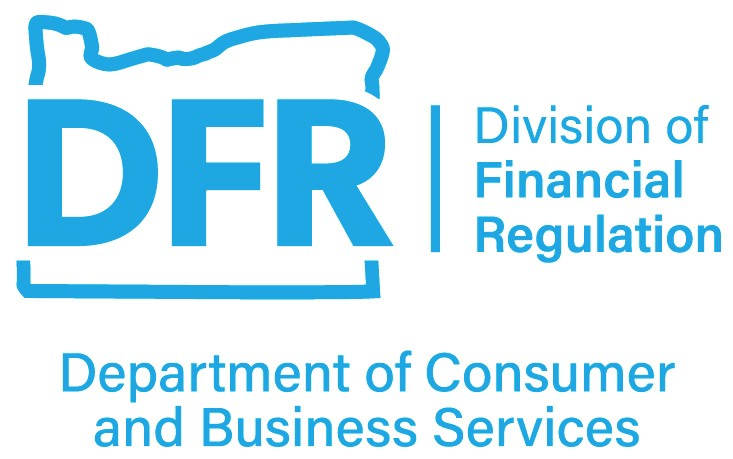Oregon Regulators Issue Warning About 'pig Butchering' Scams (Photo) -06/05/23
SALEM – The Oregon Division of Financial Regulation (DFR) is warning consumers to be wary of an unexpected text or direct message from a stranger – it might be the first step in a “pig butchering” scam. The term pig butchering comes from the practice of fattening a pig before slaughter. These scams often involve fraudsters contacting targets seemingly at random, using social media or common communication apps.
The scammer gains the victim’s trust, often by starting a romantic relationship or a simple friendship. The scammer then starts to convince the victim to invest in phony investments, including fraudulent cryptocurrency schemes, before falsely claiming the initial investment grew significantly. The scammer then asks for more and more money, and demand multiple types of fees if a victim requests to withdraw the funds. Even when the victim pays the withdrawal fees, the fraudster does not refund the victim’s money, but rather disappears with the funds without any further communication.
According to the Financial Industry Regulatory Authority (FINRA), there are several warning signs to be aware of involving these types of scams:
- Unexpected contact: Never respond to unsolicited messages from unknown contacts, even about seemingly benign topics, especially via text message and on encrypted messaging applications.
- Refusal to participate in video chats: If someone you consistently have been messaging with declines to interact face to face, they likely are not the person from the profile photo.
- Request for financial information: Don’t share any personal financial information with anyone you have never met in person. If a new virtual friend or romantic connection starts making financial inquiries, put the brakes on the relationship.
- Invitation to invest in specific financial products: Be wary of any unsolicited investment advice or tips, particularly from someone you have spoken to only online and even if they suggest you trade through your own account. Always question what a source has to gain from sharing tips with you and whether the transaction fits with your financial goals and investment strategy.
- Unknown or confusing investment opportunity: Carefully evaluate the product, as well as the person or company requesting your investment. Along with a basic search, try adding words such as “scam” or “fraud” to see what results come up. Consider running recommendations by a third party or an investment professional who has no stake in the investment and use FINRA BrokerCheck to see if the promoter is a registered investment professional.
- Unfamiliar trading platforms: Do extensive research before moving any money, particularly in an emerging market such as cryptocurrency, which has hundreds of exchanges and new avenues for trading continuing to evolve. Who controls the platform? What security measures are in place? How can you withdraw funds if needed? If you don’t know the answers to those questions, don’t put your assets there.
- Exaggerated claims and elevated emotions: Take a closer look at any investment that offers much higher than average returns or is touted as “guaranteed.” Fraudsters will also often use their knowledge about you to appeal to your emotions – something like, “Don’t you want to have money to send your kids to college?”
- Sense of urgency about an upcoming news announcement or share price increase: Remember that insider trading is illegal, and you should never trade in shares of a company on the basis of material, nonpublic information.
“Romance scams and crypto scams continue to be the source of significant losses for consumers,” said DFR Administrator T.K. Keen. “Consumers who receive contacts out of the blue through messaging apps on their phone or other means should be especially suspicious of those trying to entice them into cryptocurrency investments.”
Although the division has not received any complaints specific to pig butchering schemes, it knows that this activity is occurring based upon conversations with federal and nearby state law enforcement authorities. Several states and federal authorities have issued warnings on this sort of fraud. In 2022, investment fraud caused the highest losses of any scam reported by the public to the FBI’s Internet Crimes Complaint Center (IC3), totaling $3.31 billion. Frauds involving cryptocurrency, including pig butchering, represented most of these scams, increasing 183 percent from 2021 to $2.57 billion in reported losses last year. The division accepts consumer complaints and will forward to the appropriate law enforcement authorities. Consumers can also make a complaint to the FBI’s IC3 at https://www.ic3.gov/.
###
About Oregon DFR: The Division of Financial Regulation is part of the Department of Consumer and Business Services, Oregon’s largest business regulatory and consumer protection agency. Visit dfr.oregon.gov and www.dcbs.oregon.gov.

